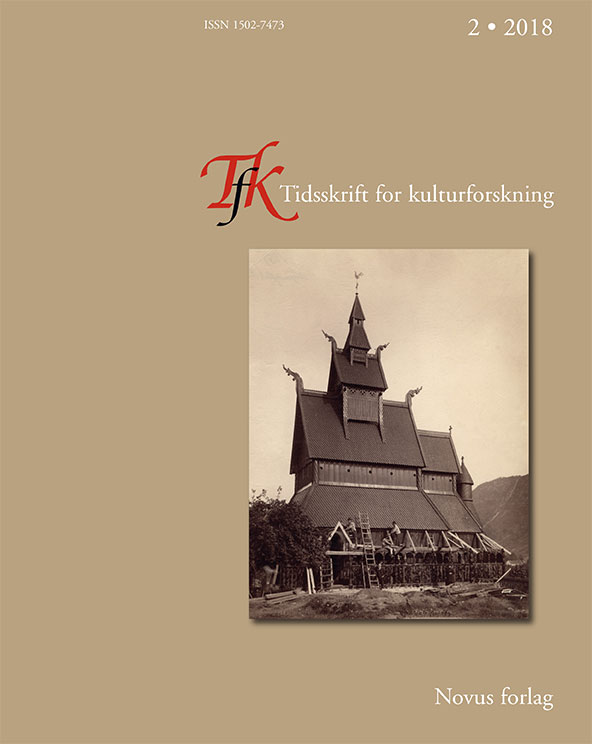Sammendrag
Many minor post-industrial communities in Sweden, such as Surahammar and Timrå, struggle with financial difficulties and socio-cultural challenges due to the industrial decline and increased dependency on immigration from neighboring cities. In the light of this, arranging annual local festivals with a focus on cultural heritage can be seen as an opportunity to strengthen local identity as well as its inhabitant's coexistences and sense of belonging. This article aims to analyze two local festivals, viewed as platforms for the production, communication and experiences of local cultural heritage values. Empirically resting on data collection and analysis of mainly ethnographic fieldwork, comprising interviews and observations, the article argues that these post-industrial local festivals involves identificational negotiations in regard to both the ritualized communication and implementation of local cultural heritage values. In conclusion, these festivals confirm a clearly industrial linked local cultural heritage but at the same time challenges it through enlargements, sufficiently vigilant connected to a local past in order to allow for inclusive local identifications, regardless of e.g. spatial origins.
Forfattere beholder opphavsretten og gir tidsskriftet rett til første publisering av arbeidet. En Creative Commons-lisens (CC BY-SA 4.0) gir samtidig andre rett til å dele arbeidet med henvisning til arbeidets forfatter og at det først ble publisert i dette tidsskriftet.

